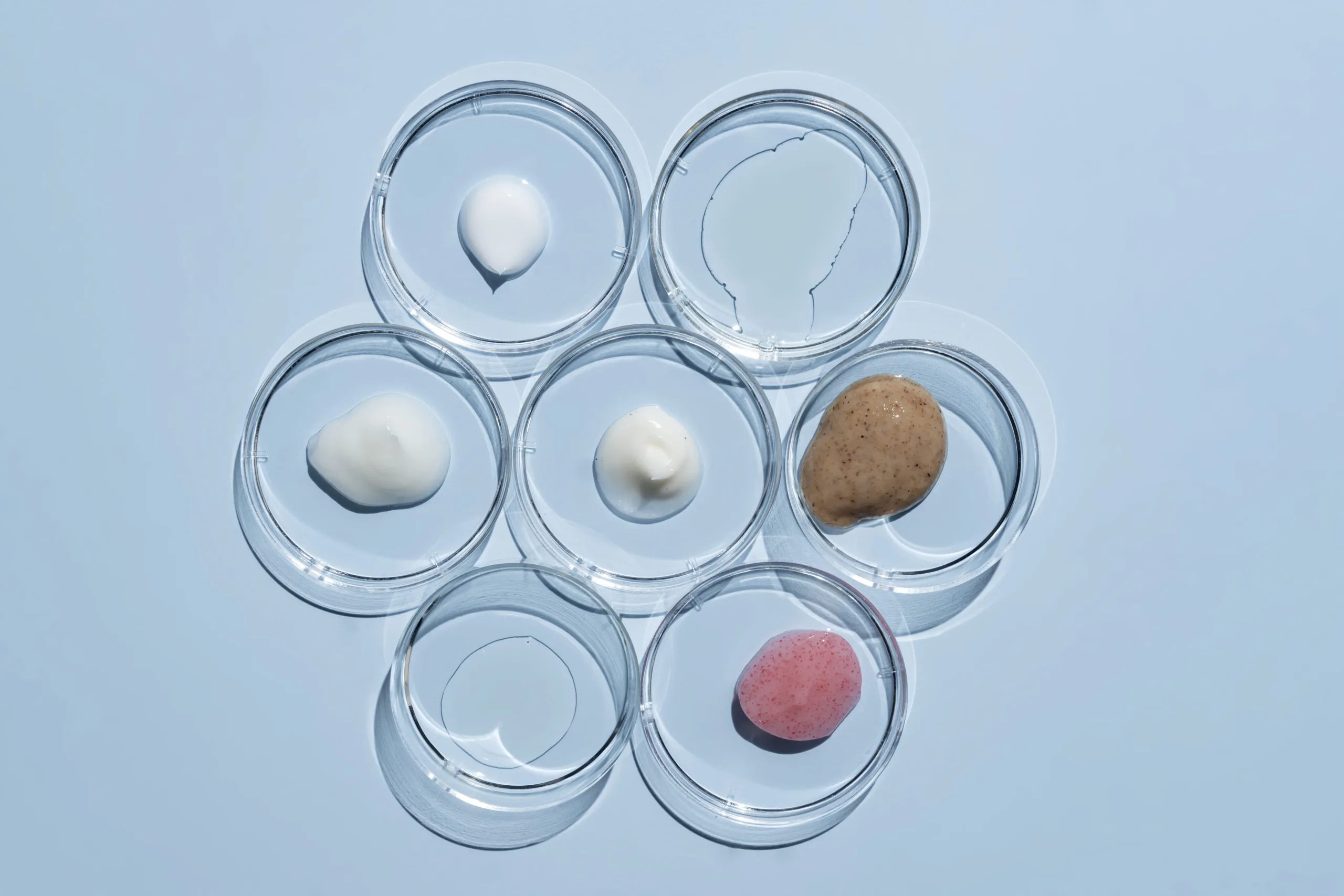
- Home
- Software & Support
- Consulting & Services
- ResourcesBest practicesPractical guidesWhite papersVideosBlogBest practicesPractical guidesWhite papersVideosBlog
- Research
- About Us
- Contact
At Compusense, we champion best practices for increased efficiency in your testing. We help you design good tests and achieve reliable and robust outcomes. At the same time, we assist in defining your product and elevating your brand standards by following guidelines. With Compusense, you can also reduce your project's time and cost while improving your testing efficiency.

Learn about the importance of experimental, complete block, balanced incomplete block and sensory informed designs (SID).

Identify challenges, discover solutions and understand results better using the Compusense Feedback Calibration method.

Increase efficiency by pinpointing challenges, finding the right solution, and understand your results using Compusense Cloud.
Compusense provides comprehensive practical guides that help you and your team through all stages of your sensory research project. From the initial planning phase to the final stages, our step-by-step guides offer clear and concise instructions to ensure the success of your project. Streamline your sensory research process and achieve accurate, reliable results.

Download our practical guide to consumer home-use testing and go through the process of running a home-use test with consumer panelists.
Compusense's white papers are a valuable resource for anyone who wishes to learn more about the sensory and consumer science industry. Our white papers cover a wide range of topics, from the latest trends and innovations to best practices and methodologies. This page is an excellent source of information to help you stay informed and ahead of the curve.

Learn how to conduct a home descriptive analysis panel while maintaining proper sensory protocols.

Discover how web-based sensory testing software allows data collection to be completed anywhere in the world with an

Review and explore suggested applications of temporal methods for sensory testing.
Our "Making Sense of” video series introduces and explores the fundamentals of sensory research in a way that is accessible to both beginners and experienced professionals. Whether you're looking to expand your knowledge or learn the basics, our videos have something for everyone.
Learn how sensory professionals use Tetrad tests to help them make important decisions about their products. Tetrad tests are a type of discrimination test used to determine if a noticeable difference exists between two samples.
Learn about Difference from Control (DFC) testing, which is a discrimination testing method used to determine if there is a perceived difference in variations of a product.
Stay up to date with Compusense and industry best practice. This page will provide helpful videos for companies and people just getting started in Consumer and Sensory science as well as information for more advanced Sensory and Consumer Scientists.
A publication that caught our attention this month comes from an all-star roster of sensory researchers Sara Spinelli, Helene Hopfer, Victor Moulinier, John Prescott, Erminio Monteleone, John E. Hayes. The paper, just published in Food Quality and Preference, is called “Distinct sensory hedonic functions for sourness in adults” and investigates sour liking in adults. Three […]
Orange trees in Florida are susceptible to Huanglongbing (HLB), which is a bacterium-caused citrus greening disease. HLB-affected trees don’t make fruit with the sweet orange taste you know and love. Controlling the sap-sucking insect that spreads the bacterium is one solution, but in war with an insect never underestimate the insect. Breeding HLB-resistant orange trees […]
To celebrate research published by members of the Compusense Academic Consortium in January 2024, we highlight the publication “Retronasal sensation of nonvolatile sweeteners and its impacts on the flavor perception of beverages” (2024) by authors Yue He, Jianshe Chen, Weiyao Shi, and Jingang Shi. Combining results from high-speed imaging and optical particle counts with sensory […]
Email: info@compusense.com
1 800 367 6666 (North America)
1 519 836 9993 (International)
412 Laird Road Unit #104
Guelph, ON
Canada N1G 3X7
© 2024 Copyright Compusense Inc.
412 Laird Road, Unit #104
Guelph, ON
Canada N1G 3X7
© 2024 Copyright Compusense

Quality test methods are used to evaluate a product based on its sensory attributes and overall consumer perception to ensure it meets certain standards of excellence and consistency. These methods provide a consumer-centric assessment of product quality, ensure consistency and adherence to quality standards and drive continuous improvement and customer satisfaction. Examples include, but are not limited to, Shelf Life, Degree of Difference,
Difference from Control, In/Out, etc.
Quality test methods are used to evaluate a product based on its key attributes to ensure it meets specific standards of excellence for consistency. These methods provide an internal assessment of the product quality to adhere to quality standards and achieve customer satisfaction. Examples include, but are not limited to, Shelf-Life, Degree of Difference, Difference from Control, and In & Out methods.

Discrimination test methods are used to determine if there are noticeable differences or similarities between products. These methods enable effective differentiation between products, aid in quality control and assurance by identifying variations and deviations, as well as facilitate efficient decision-making based on objective data. Examples include, but are not limited to, Tetrad, Triangle, Duo-Trio, Paired Comparison, etc.
Discrimination testing methods are used to determine if there are noticeable differences or similarities between products. These methods enable effective differentiation between products, aid in quality control and assurance by identifying variations and deviations, as well as facilitate efficient decision-making based on objective data. Examples include, but are not limited to, Tetrad, Triangle, Duo-Trio, and Paired Comparison test methods.



Quality test methods are used to evaluate a product based on its sensory attributes and overall consumer perception to ensure it meets certain standards of excellence and consistency. These methods provide a consumer-centric assessment of product quality, ensure consistency and adherence to quality standards and drive continuous improvement and customer satisfaction. Examples include, but are not limited to, Shelf Life, Degree of Difference,
Difference from Control, In/Out, etc.
Quality test methods are used to evaluate a product based on its key attributes to ensure it meets specific standards of excellence for consistency. These methods provide an internal assessment of the product quality to adhere to quality standards and achieve customer satisfaction. Examples include, but are not limited to, Shelf-Life, Degree of Difference, Difference from Control, and In & Out methods.